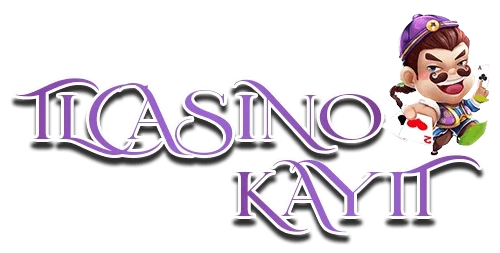PlayStation games have often been at the forefront of evolving interactive storytelling in video games. From the early days, titles such as Metal Gear Solid introduced complex narratives and character development that rivaled films and novels. The blend of stealth mechanics and cinematic cutscenes created an immersive experience that deeply engaged players, setting a new standard for how stories could be told within games.
This focus on storytelling matured significantly during the PlayStation 3 and 4 generations, where studios like Naughty Dog elevated narrative design to new heights. Games like The Last of Us seamlessly integrated gameplay and story, allowing players to connect emotionally with characters while navigating a dangerous post-apocalyptic hatimanis88 world. The use of voice acting, motion capture, and cinematic direction made these PlayStation games some of the most memorable in gaming history.
On the portable side, PSP games contributed to storytelling innovation as well. Despite hardware limitations, the PSP delivered rich narratives through titles like Danganronpa and Patapon, which mixed unique storytelling styles with engaging gameplay. This showed that handheld games could also provide deep and meaningful narrative experiences, broadening the appeal of interactive storytelling beyond home consoles.
As PlayStation continues to evolve, storytelling remains a central pillar of its best games. The platform’s commitment to strong narratives alongside gameplay innovation ensures that future titles will continue to captivate players and push the boundaries of interactive entertainment.
